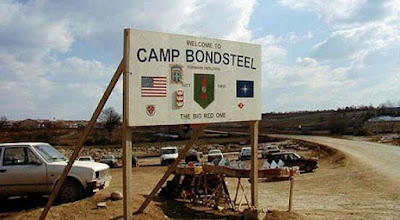The British authorities fear that the imposition of severe economic sanctions against Russia will provoke Moscow to retaliate, which will include disruption of gas supplies to Europe, which will cause an energy crisis in the region, writes the British newspaper The Times, citing sources from the United Kingdom Government.
Senior members of the British government believe that Moscow, in the event of Western sanctions, could "use as a weapon" the energy dependence of continental European countries on the Russian Federation and sharply reduce fuel supplies to European countries. According to the publication, such actions could worsen the already difficult energy situation in many parts of Europe.
At the same time, the United Kingdom itself will suffer not so much from a possible reduction in Russian gas supplies, which account for only 3%, but from the inevitable rise in commodity prices in such a scenario. Currently, almost half of the gas that enters the UK market comes from the British North Sea shelf. Norway is the largest exporter of gas to the country. At the same time, just over 15% of imports come from liquefied natural gas (LNG) supplies, most of which come from Qatar, the United States and the Russian Federation.
The British government is of the opinion that the pledge of a sustainable supply of liquefied natural gas to Europe in the event of Moscow's possible actions in the energy market may not be justified, as this will ultimately lead to a rapid increase in fuel prices. According to experts, liquefied gas tankers in these circumstances will be ready to supply gas only to those countries where they can offer the best price terms of the deal, which for European consumers will mean competition with the growing Asian market.
Therefore, according to British media, the effect of the restrictions will be felt not only by Germany and Finland, traditionally dependent on Russian gas, but also by the United Kingdom, which is already facing a serious energy crisis in recent months.













































